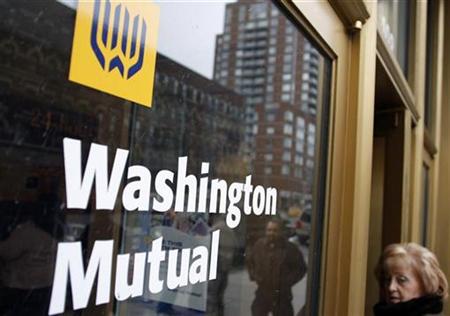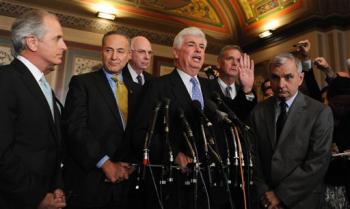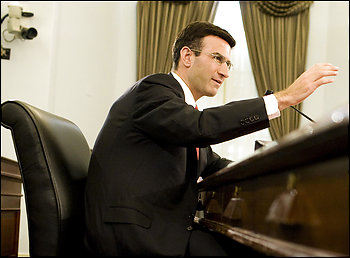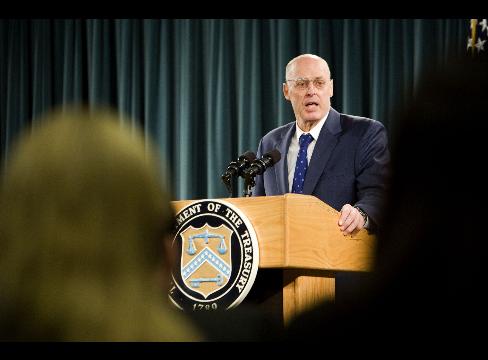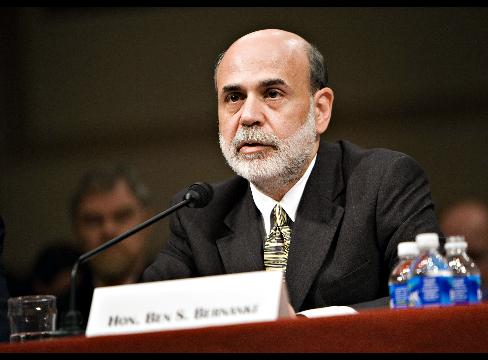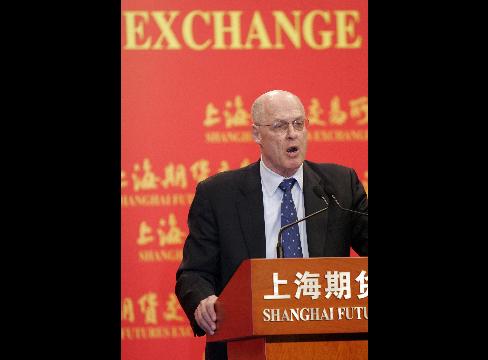
Mozart Requiem (KV 626)
(NaturalNews) Music, the universal language of mood, emotion and desire, connects with us through a wide variety of neural systems. Researchers have discovered evidence that music stimulates specific regions of the brain responsible for memory, language and motor control. They have located specific areas of mental activity linked to the emotional responses elicited by music. Now new research conclusions have identified how the affect of music could replicate the effects of hormone replacement therapy in the prevention of Alzheimer’s disease and dementia.
The August 7 issue of Medical Hypotheses reports these conclusions resulting from experience that has shown music to be useful in therapy for neuropsychiatric disorders resulting from both functional and organic origins. However, the mechanisms of the action of music on the brain have remained largely unknown despite an increase in scientific studies on the topic.
The results of past studies have clarified that music influences and affects cranial nerves in humans from fetus to adult. To explain how it works at the cellular level, researchers proposed that the neurogenesis, regeneration and repair of the cerebral nerves are the result of adjustments through the secretion of steroid hormones ultimately leading to cerebral plasticity.
Read moreMusic Shown to Facilitate the Development of Neurons in the Brain

